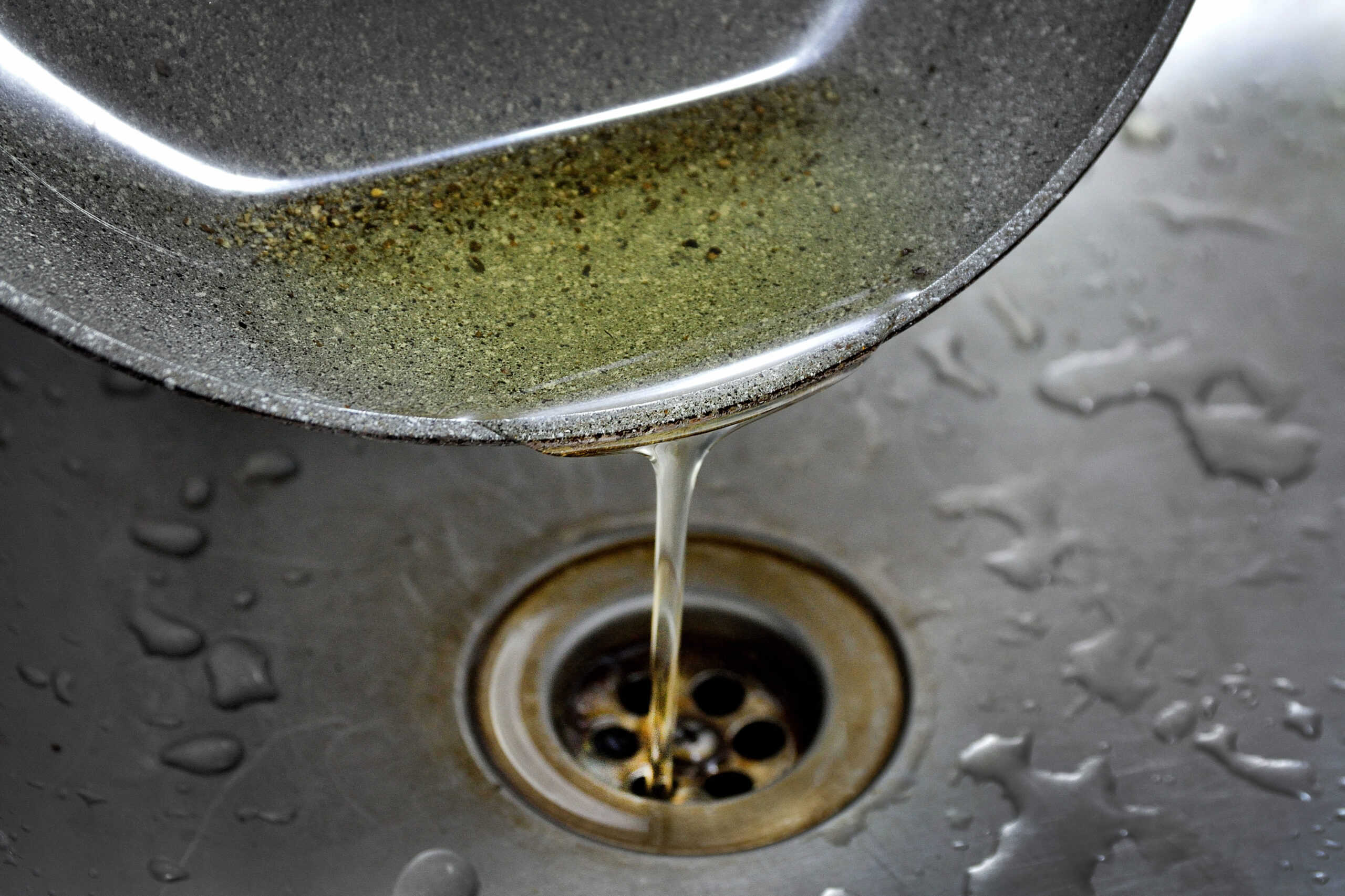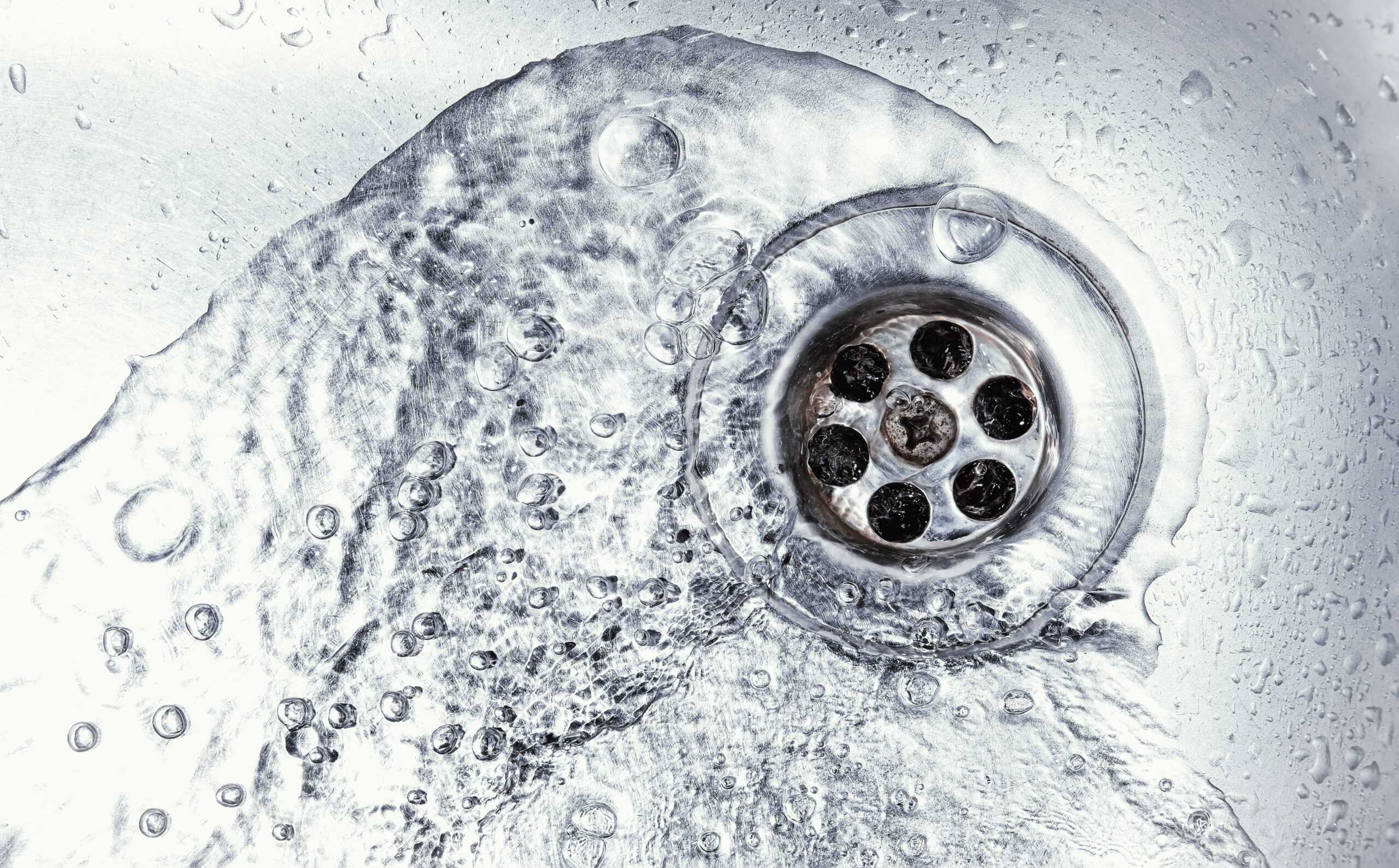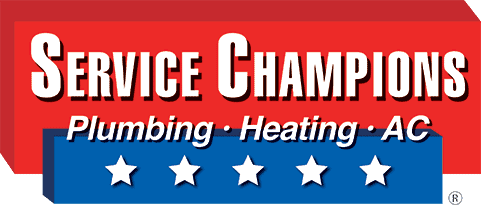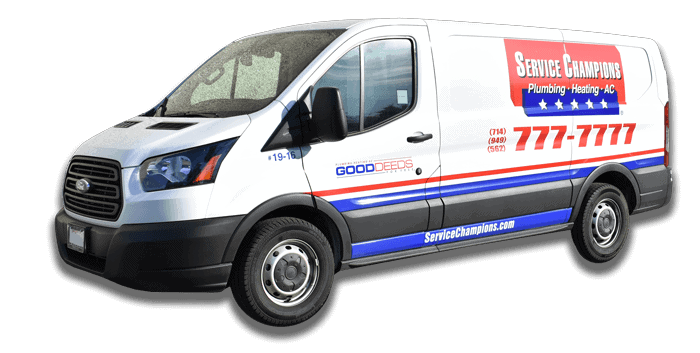No More Clogged Drains: Expert Tips You Need to Know
Clogged drains are a common household nuisance that can cause a host of problems, from unpleasant odors to potential water damage. Dealing with clogged drains can be frustrating, but with the right knowledge and preventative measures, you can keep your drains flowing smoothly.
Benefit from no more clogged drains with expert tips you need to know from the pros at Service Champions.
Understanding the Causes of Clogged Drains
Before you can prevent clogs, you need to understand how they happen in the first place. Often, the culprits are everyday items that find their way into your plumbing system, such as hair, soap scum, grease, food particles, and foreign objects.
Here are some tips to address these common culprits:
Use Hair Catchers and Clean Them Regularly
One of the most common causes of bathroom drain clogs is hair accumulation. Over time, hair combines with soap scum to create stubborn obstructions. You can install hair catchers in your shower and bathroom sinks, which trap hair before it can enter the drain and minimize the risk of clogs. You should also clean these catchers regularly to ensure optimal effectiveness.
Avoid Pouring Grease Down the Drain

Grease is a notorious cause of kitchen drain clogs. When hot grease goes down the drain, it cools down in your pipes and solidifies. This creates a sticky barrier that catches other debris and forms a blockage. You can prevent this by avoiding pouring grease down your drain. Instead, collect it in a container and dispose of it in the trash. You could also run hot water through the drain after washing dishes to prevent buildup.
Put a Mesh Strainer in the Kitchen Sink
Food particles are another common cause of kitchen drain clogs. Using a mesh strainer in your kitchen sink can prevent food scraps from entering the drain. Empty the strainer into the trash regularly, ensuring that larger food particles don’t end up down the drain and causing a clog.
Clean Your Drains with Baking Soda and Vinegar
An effective and eco-friendly method to keep drains clear is by using a mixture of baking soda and vinegar. Pour half a cup of baking soda down the drain and follow it with a half of cup of vinegar. Let it sit for about 15 or 20 minutes, then flush the drain with hot water. This combination will break down residue and minor clogs, keeping the drains free flowing.
Invest in a Plunger
A plunger is a versatile tool that can help clear minor drain clogs. For sinks and showers, use a cup plunger. Flange plungers are more appropriate for toilets. Applying firm and consistent pressure with the plunger to dislodge the clog and restore drainage. Ensure there’s a tight seal around the drain before plunging to get results.
Address Tree Roots
In outdoor drainage systems, tree roots can damage your pipes and cause blockages. This is not a DIY job, so you need to be proactive about tree root management. Discuss your concerns with your landscaper or regularly trim and remove trees and shrubs that may be too close to your drainage system. It’s a lot of work, but it can prevent a lot of expensive drain repairs in the future – not to mention the inconvenience of having to do the work after a problem happens.
How to Prevent Clogs in Specific Areas
Though all drains are susceptible to clogs, you may need tailored strategies to prevent clogs in certain areas. Here are some tips to prevent clogs in common areas:

Bathroom Drains
- Regularly clean drains:Remove hair and debris from bathroom drains at least once a month to prevent buildup.
- Install a lint trap:If you have a washing machine in the bathroom, install a lint trap on the drainage hose to avoid loose lint from ending up in your plumbing.
Kitchen Sink
- Scrape dishes before washing:Make sure to remove excess food from plates and cookware before washing them to minimize the amount of debris entering the drain.
- Run cold water while using the garbage disposal:It’s best to avoid pouring grease into the garbage disposal, but some may be unavoidable. When you use the garbage disposal, run cold water to solidify grease and allow it to be broken down effectively.
Toilet Drains
- Use toilet-friendly paper:Choose toilet paper that breaks down easily to avoid paper-related clogs.
- Educate your household:Teach everyone about proper toilet use and importance of taking care of the toilet drain.
- Avoid flushing non-flushable items:Remind everyone in your household to avoid flushing items like wet wipes, cotton balls, or sanitary products down the toilet, as these can clog the toilet or sewer line. Remember that items marketed as “flushable” aren’t necessarily safe for your toilet.
Tips for Dealing with Stubborn Clogs
Despite your best efforts and diligent practices, clogs may still happen. If they do, it’s important to know how to address them quickly and avoid bigger plumbing problems.
- Plumbing snake or auger:A plumbing snake or auger is a tool designed to break through and remove stubborn clogs. Insert the snake into the drain and rotate it to dislodge the obstruction. This method is helpful for clogs that are deep within the plumbing system or objects that won’t dissolve with gentler methods like baking soda and vinegar.
- Professional plumbing services:If other methods fail or you’re dealing with recurrent or severe clogs, it’s best to break out the big guns with the expertise of a professional plumber. They have the toilets and knowledge to identify and clear stubborn clogs and spot any deeper problems in your plumbing system.
- A word about chemical drain cleaners:Chemical drain cleaners are often the go-to for homeowners looking to break down serious clogs, but that’s not ideal for your pipes. These products contain powerful chemicals that can be harmful to your health and your plumbing. Make sure to follow the instructions carefully, use protective gear, and ensure proper ventilation if you choose to use chemical drain cleaners.
Understanding the Dangers of Clogs
Clogged drains are extremely annoying and inconvenient, but there are bigger concerns. Here are some dangers of a clogged drain:
- Plumbing damage:When drains are clogged, the pressure inside the pipes increases. It builds and has nowhere to go, which can cause a pipe to burst. You may end up with water damage, hazardous water in your home, and an emergency plumbing appointment with costly repairs to your plumbing. You may also need to pay to repair any water damage.
- Slow drainage:Clogged drains can cause water to drain slowly, which allows bacteria and mold to proliferate. Standing water is the perfect place for microorganisms to thrive and cause a health hazard for you and your family.
- Foul odors:As water and waste materials become trapped in a clogged drain, you may notice foul odors. Eventually, these odors find their way into your home. You can clean, but you may deal with odors until you get the source of the clog fixed.
- Pest infestation:Water stagnates in a clogged drain, attracting pests like mosquitoes, flies, and roaches. These creatures seek moist, dark environments and water sources, which brings them into your home to reproduce. Some bugs are a nuisance, but others carry diseases and make your home unsanitary and potentially dangerous.
- Expensive repairs:If you neglect a slow or clogged drain, it won’t resolve on its own. Clogged drains can cause pipe corrosion and structural damage that can be expensive and time consuming to repair.
- Health risks:Clogged drains are a serious health risk if there’s harmful bacteria and mold growing in stagnant water. You could be at risk of everything from respiratory problems to allergic reactions to skin problems.
- Environmental impact:Clogged drains may lead to overflow, leaching pollutants and contaminants into the local environment. These contaminants can affect local bodies of water and ecosystems.
Consider Plumbing Maintenance and Inspections
Preventing clogged drains goes hand in hand with overall plumbing maintenance and inspections. Taking care of your plumbing system with regular maintenance can help you identify problems before they escalate into expensive and disruptive repairs.

Plumbing maintenance may include:
- Checking for leaks to prevent water damage and mold growth. This is something you can inspect yourself by looking for water stains, drips, or puddles under sinks, around appliances, and near water heaters.
- Inspecting water pressure to avoid premature wear and tear on your pipes. You can install a water pressure gauge to check the pressure, which should be between 40-60 psi.
- Flushing the water heater to maintain optimal performance.
- Inspecting sewer lines to identify blockages, cracks, or tree root intrusion.
Keep Your Drains Clear
Clogged drains are a common household problem, but you can take preventative steps to minimize the risk of clogs and keep your system running smoothly. Small steps, such as installing hair catchers and tossing out your cooking grease in the trash, can make a dramatic difference in the number of clogs you experience on a regular basis.
Need plumbing maintenance or plumbing repair?
Contact the pros at Service Champions to schedule your appointment!

